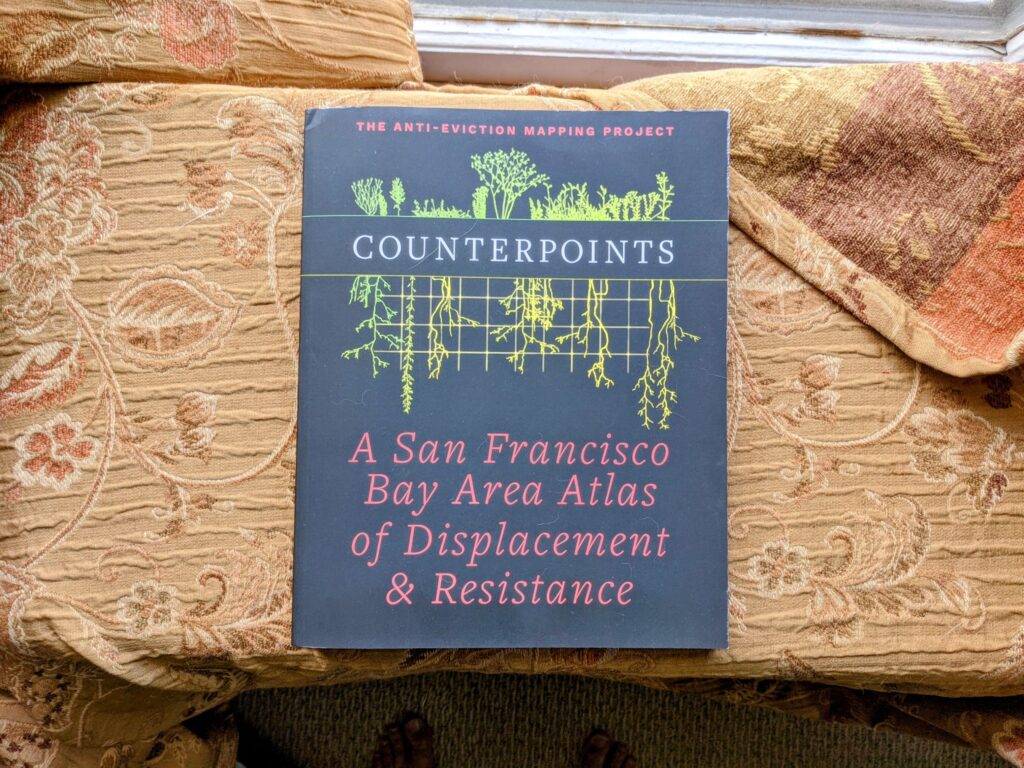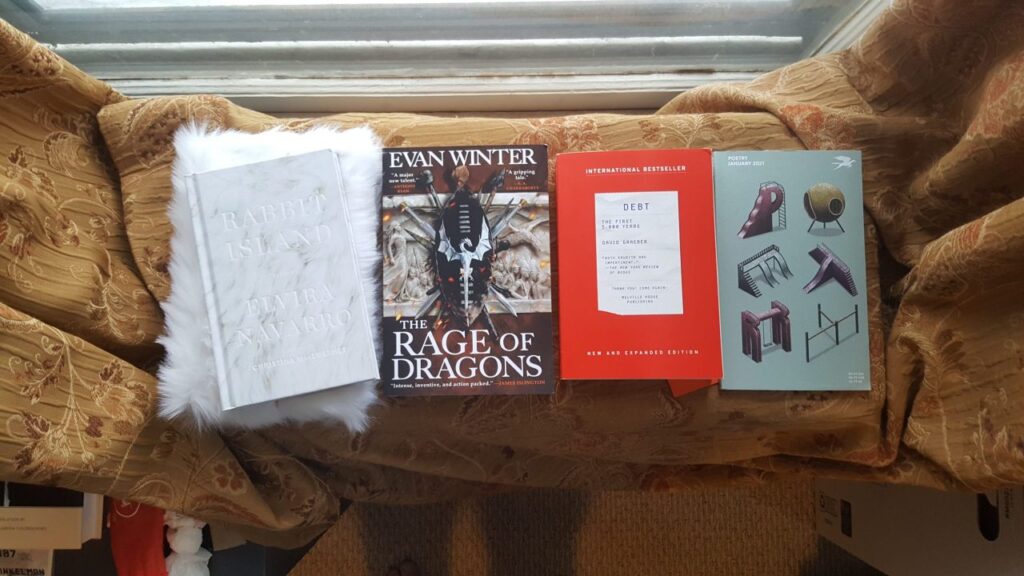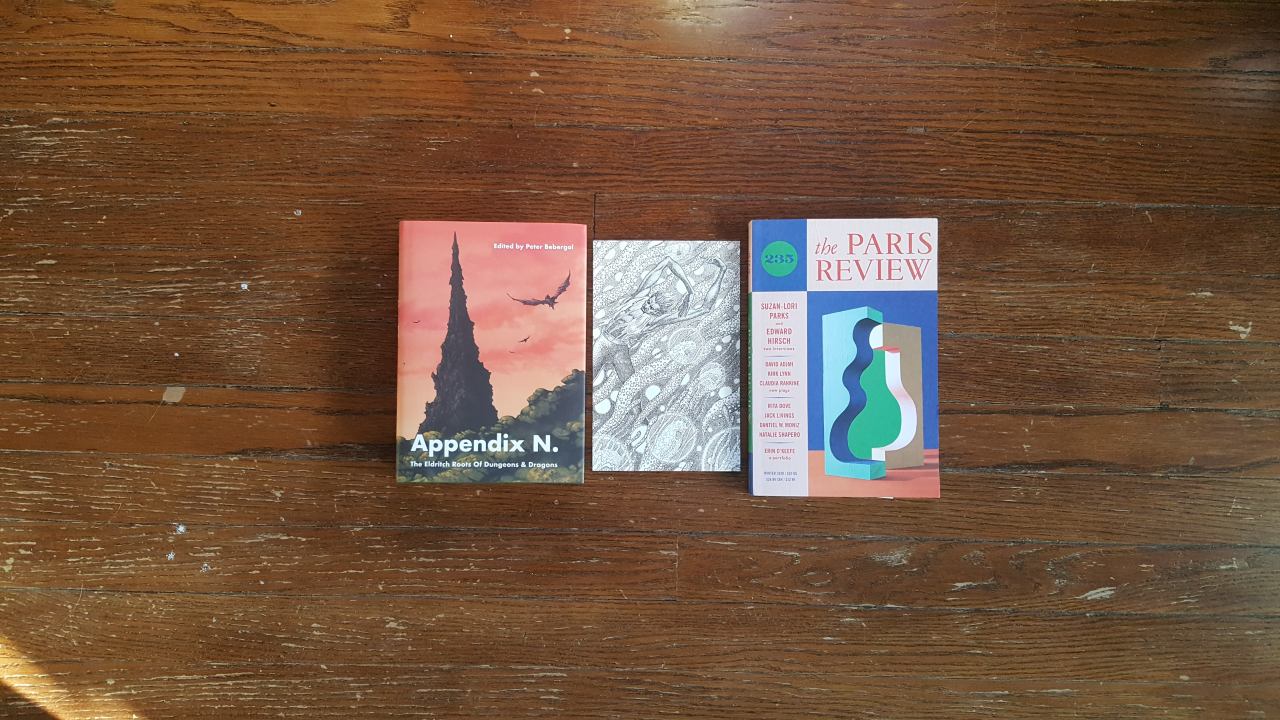I was in the middle of tai chi class this past Saturday, outdoors at Wilcox Park as all of our classes have been since late May, when at about 11:45 suddenly the entire neighborhood erupted in cheers and car horns honking and music playing from open windows as people erupted into the streets on this beautiful, sunny, early November morning. Joe Biden had won the election. Joe Biden was now on track to be the 46th president of the United States.
I voted for Biden in the general election. I voted for Bernie Sanders in the primary, as I had in the 2016 primary. I voted for Hillary Clinton in the general in 2016.
Donald Trump, the gleeful racist and misogynist, is currently squealing and mewling that the election was rigged, that the Democrats and liberals and socialists are trying to steal from him something that he has obviously won. He is explicitly telling the white supremacists, domestic abusers, conspiracy theorists, cowards, christian nationalists, and bullies — which are the entirety of his support network — that they should be prepared to take to the streets in glorious revolution in order to protect the sanctity of the office of Donald Trump.
Naturally the entire world is laughing at Donald Trump. And much of the world is laughing at the United States for allowing to be nominated, much less elected, such a manifestly ignorant, vindictive, petty, incurious fool to the highest office in the land. This laughter is richly earned, as Donald Trump is the apotheosis of the conservative christian capitalist character which has been the only dominant power structure in the territory of the United States since 1492. White supremacy, christian nationalism, conservative oligarchy and colonial capitalism are the entirety of what the United States represents, and Donald Trump is the genius loci of the melting pot which combines these characteristics and labels it “freedom.”
There have of course been significant in-roads to try to bring equity, justice, fairness, empathy and compassion into the mainstream of American culture, and at the local level these efforts can succeed quite wonderfully. But at a national level, where elderly conservative white nihilism is baked into the political DNA, these gains are subverted, inverted and perverted into shiny rebrandings of old injustices. Slavery becomes Jim Crow becomes the carceral state. And at every step of the perversions of justice, conservative white (and invariably Christian) talking heads spout easily debunked platitudes about how we must pull together to move ahead, while the tendrils and rhizomes of capitalist-enabled bigotry and injustice find new ways to exploit and injure the vulnerable.
Some years ago, in a comment on the excellent Crooked Timber blog, Frank Wilhoit made the following observation about conservatism: “Conservatism consists of exactly one proposition, to wit: There must be in-groups whom the law protects but does not bind, alongside out-groups whom the law binds but does not protect.“ (The full text and context of the quote is here.)
On the surface, this can appear to be nothing more than a restating of tribalism, which has been around for literally millions of years. But tribalism is ingrained, instinctive, as much a part of humanity as our DNA. Conservatism, however, is the recognition, acknowledgement, and deliberate reinforcement of that trait.
Conservatism is the protection of that which has gone before. Therefore it is by its nature forever reductive and enforces the consolidation of resources, power and belief. “This is the way we have always done it!” yells the conservative. “This way works, why would we change it?” “If they have more, I will have less!”
This is the way conservatism is and has always been, and as Wilhoit points out in another part of his comment, how could we imagine anti-conservatism? What would that even look like? Call this “Conservative Realism.” In much the same way Mark Fisher contemplated capitalism in his brief, magnificent book Capitalist Realism, what does “not-X” look like?
Joe Biden is not a liberal. He is not a socialist of a leftist or any of the words which American conservatives use as smear words but which in reality box in those same conservatives and make them, in their gleeful ignorance and utter lack of curiosity about the world, easy to recognize. Joe Biden is (by USA standards) a moderate conservative with a gloss of liberal (not leftist; liberal) tendencies in that he is not openly calling for the culling of those who differ from him ideologically. By international standards, which are the only standards we should be using to define our politics here in the middle of the 21st century, Biden is significantly conservative. Bernie Sanders is a moderate centrist by those same standards. It says something about the power of conservative realism that anyone on this country thinks there is any such thing as a “radical leftist,” “radical socialist,” or indeed a radical anything in the left quadrant of American politics. In order to find “leftists” as destructive as mainstream conservative American culture we would have to consider the Earth Liberation Front or similar groups. And there are what, maybe fifty members of the ELF? At a similar position on the right side of the spectrum there are literally millions of second-amendment fetishizing, military worshipping, imperialist bootlicking, christian nationalist white supremacists who explicitly and implicitly by their very existence advocate and implement the immiseration, injury and death of anyone who isn’t a conservative white christian man.
America is an overwhelmingly conservative country. This is a description, not an ideal. America is an overwhelmingly capitalist country. This is a description, not an ideal. The simple fact that Donald Trump could be elected demonstrates that the USA is still racist, misogynistic, bigoted and sadistic. The election of Joe Biden does not change these traits any more than the election of Barack Obama changed these traits twelve years ago. However, that people who are not like Donald Trump can be elected show that it is possible to move beyond the racist, money-grubbing version of tribalism which has dominated America for more than 250 years. We haven’t yet, of course, and it will be years or decades or centuries before that actually happens, assuming American ChristoCapitalist fascism doesn’t destroy the country first.
So the election of Biden has momentarily slowed the slide toward the edge of the conservative cliff, but it has not stopped the slide, and it has certainly not reversed it. For that, we need to discover not just not-conservatism and not-capitalism, but actual anti-conservatism and anti-capitalism.
And that will take a collective effort of imagination, ingenuity and will the likes of which the world has never seen.








